America’s Cup youth regatta: What’s inspiring underdog Andoo Australia crew in Barcelona
They are sailing faster than they have ever done but a quartet of Australian sailing rising stars still enter the Youth Americas Cup as rank underdogs thanks to a strange rule.
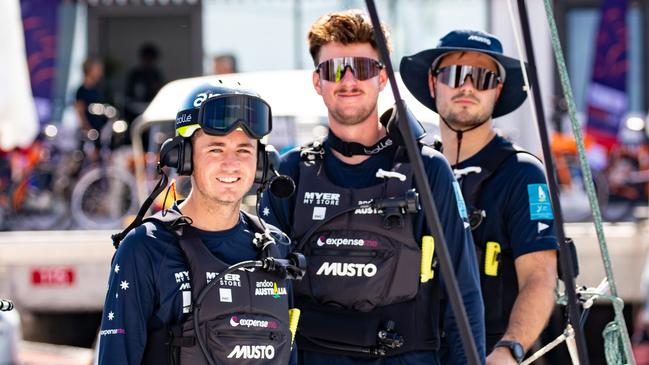
NSW
Don't miss out on the headlines from NSW. Followed categories will be added to My News.
If there’s one nationality of athletes who prefer to use being underdogs to fire themselves up rather than complain loud and long, it is Australia.
Think Steven Bradbury, the Sydney Swans, Kieran Perkins, John Aloisi and, in the sailing world, Australia II, a little old boat called Love and War, Olympian Matt Wearn and an Aussie racing for a US team in an America’ Cup boat 14 years ago.
They all had plenty in common in their ability to defy the odds, revel under pressure or orchestrated extraordinary comebacks to win at the highest level.
Slowest qualifier Perkins went from lane eight to gold in the 1500m at the Atlanta Olympics in 1996, short-track speed skater Bradbury claimed a remarkable gold at Salt Lake City in 2002, the Sydney Swans ended the longest premiership drought in football history back in 2005 when they beat the West Coast Eagles, the same year John Aloisi got Australia into a FIFA Word Cup with a stunning penalty kick under the most extraordinary pressure.
Then there was Australia II at the 1983 America’s Cup where a crew of battlers with a winged keel and led by John Bertrand, a co-patron of the Australian Youth Challenge, ended a 132-year domination by the US with their nation stopping come-from-behind-victory.
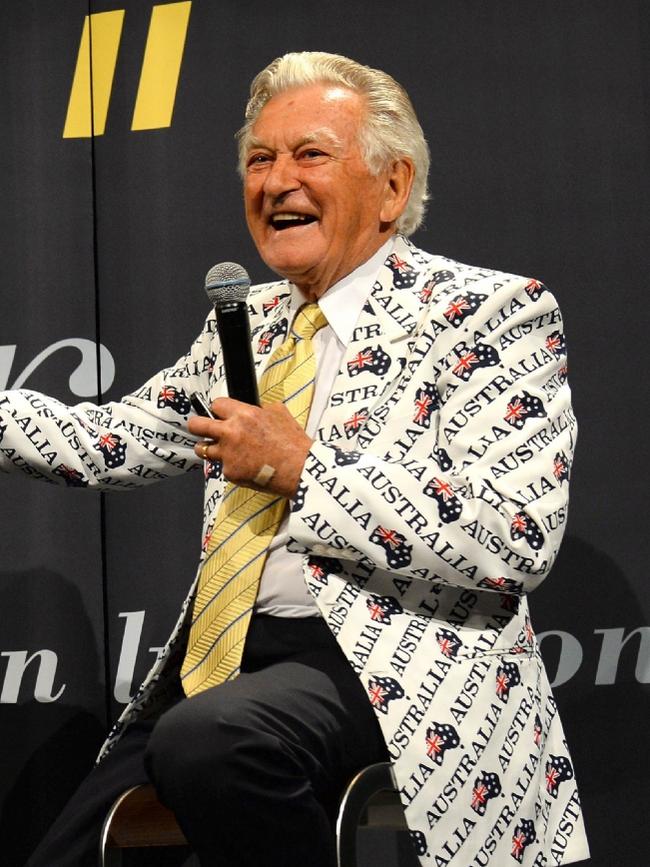
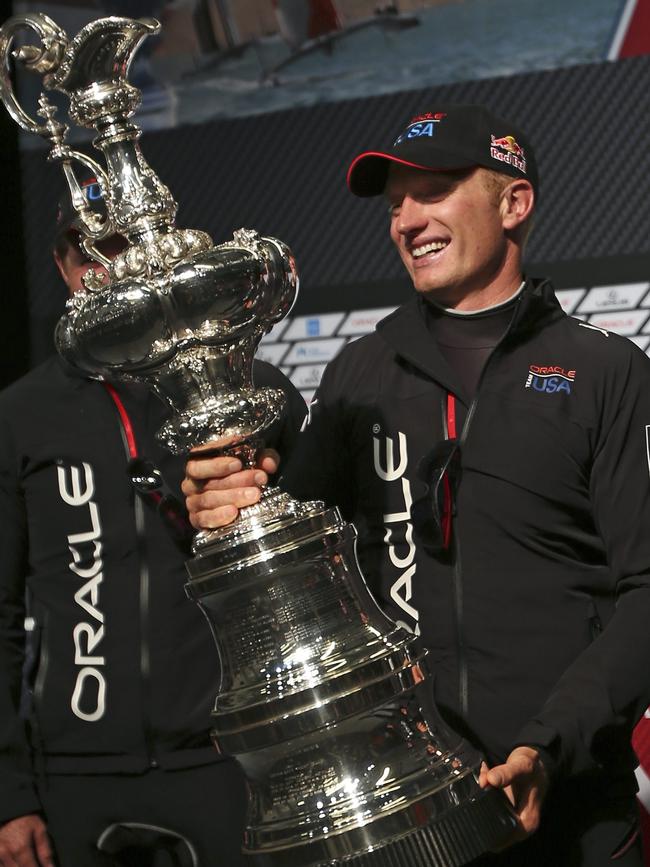
There have been other gritty - and at times unexpected — wins in sailing including skipper James Spithill, racing for the Oracle team, leading a remarkable comeback to help the US win the 2013 Americas Cup, Matt Wearn launching a desperate comeback from the rear of the fleet to win the first of his two Olympic single-handed medals at the Tokyo Game and a little old Oregon maple wooden yacht called Love & War beating g the most high tech and sophisticated yachts in the world for her third overall win the 2006 Sydney to Hobart in a win for all battlers
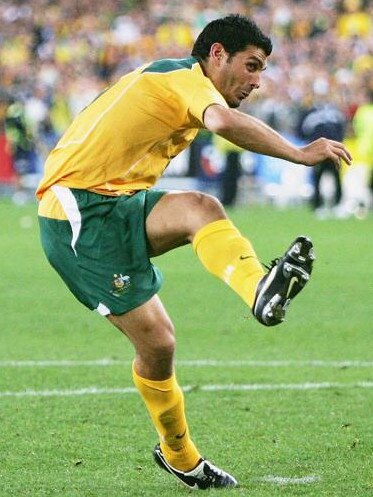
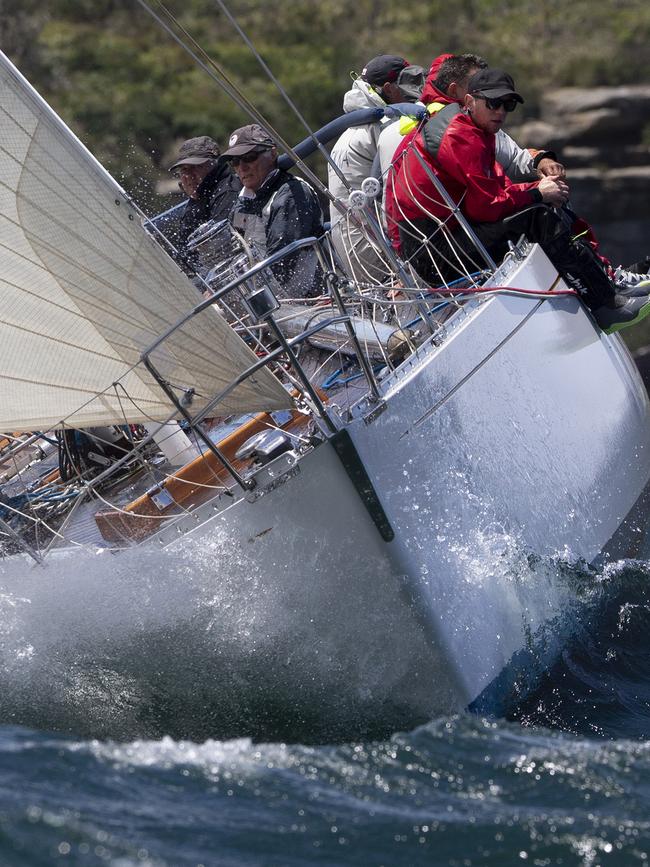
Now it’s the turn of our Youth team to show similar grit, perseverance and an ability to defy the odds - or in their case crews with the backing of will funded Americas Cup teams and access to hours more crucial racing time on the waters off Barcelona.
A strange rule means one side of the Youth America’s Cup competition has had hours more access to the AC40s being raced than the pool of invited teams not associated with current syndicates, which includes Australia.
It’s been put in place to expand the competition and allow teams not connected to the Challengers or defender New Zealand to race and gain valuable experience and insight.
But it has still hooked Australia’s back to the wall.
Jack Ferguson, one of two helmsmen on the Australian youth boat which races for the first time on Wednesday night after six Challenger teams compete on day one, said he and his teammates have already hit speeds of around 40 knots in practice.
“It was pretty crazy. The fastest I have ever been in sailing, a crazy feeling but sensational,“ he said.
“It will be challenging, we know that, it will be tough but we just have to come out and race to the max, just come out and give it everything.”
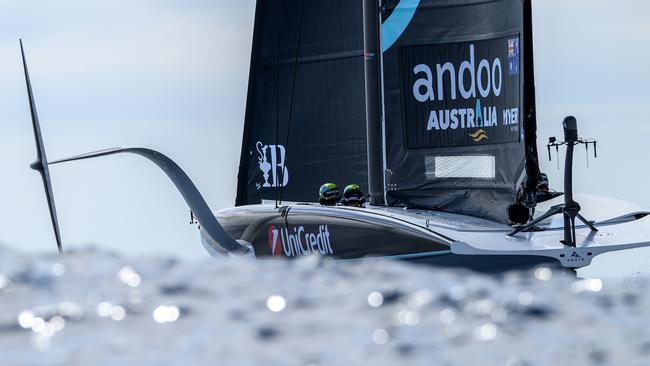
Teammate Tom Needham said the Australians have plenty of fight in the belly and a growing confidence after two wins in the practice regatta.
“We know we’re up against it a bit,” Needham said.
“We’re fully aware of that and we’ve tried the best we can to minimise the differences between the Cup teams and the invited teams.
“But we all know the Aussie spirit is to come from behind in sport.
“It’s not necessarily a bad thing us being underdogs.’’
HOW THE AMERICA’S CUP YOUTH REGATTA WORKS
The fleet of 12 has been split between the six invited teams and the Louis Vuitton America’s Cup teams.
Eight fleet races will be contested by each group with the top three from both pools then moving to the semi-finals on September 22.
This one-day semi-final format will see four races run to determine the top two boats to advance into the match-racing finale.
This will take place on the opening day of the Louis Vuitton Cup final series and will be a winner-take-all-race.
HOW THE AC40 WORKS
It’s 40-foot long and super fast.
The AC40 is raced by four - two on the helm and two trimmers sitting in tight pods.
It has self tacking headsails and autopilot control system, on board electrical systems which control things such as foil arms, flight stability and sail control.
The AC 40 weight two tonne and can reach speech of around 45 knots.
FAVOURITES FOR THE AMERICA’S CUP YOUTH REGATTA
As they have had more time in the AC40s and are all connected to well funded Challengers (Italy, USA, Switzerland, Great Britain, France or defenders (New Zealand), this is the pool likely to produce the Youth winner.
WHO AUSSIES MUST BEAT IN AMERICA’S CUP YOUTH REGATTA
Australia is part of the Invited teams pool which also contains Sweden, Netherlands, Germany, Canada and Spain.
Australia’s reputation as a serious contenders increased with their performance in the practice racing.
But more of their preparation has been done on a video simulator.
Sweden, however, is the team which has spent the most time on the AC40s in the lead-up to the Youth Regatta.
More from AMANDA LULHAM HERE
More Coverage
Originally published as America’s Cup youth regatta: What’s inspiring underdog Andoo Australia crew in Barcelona





